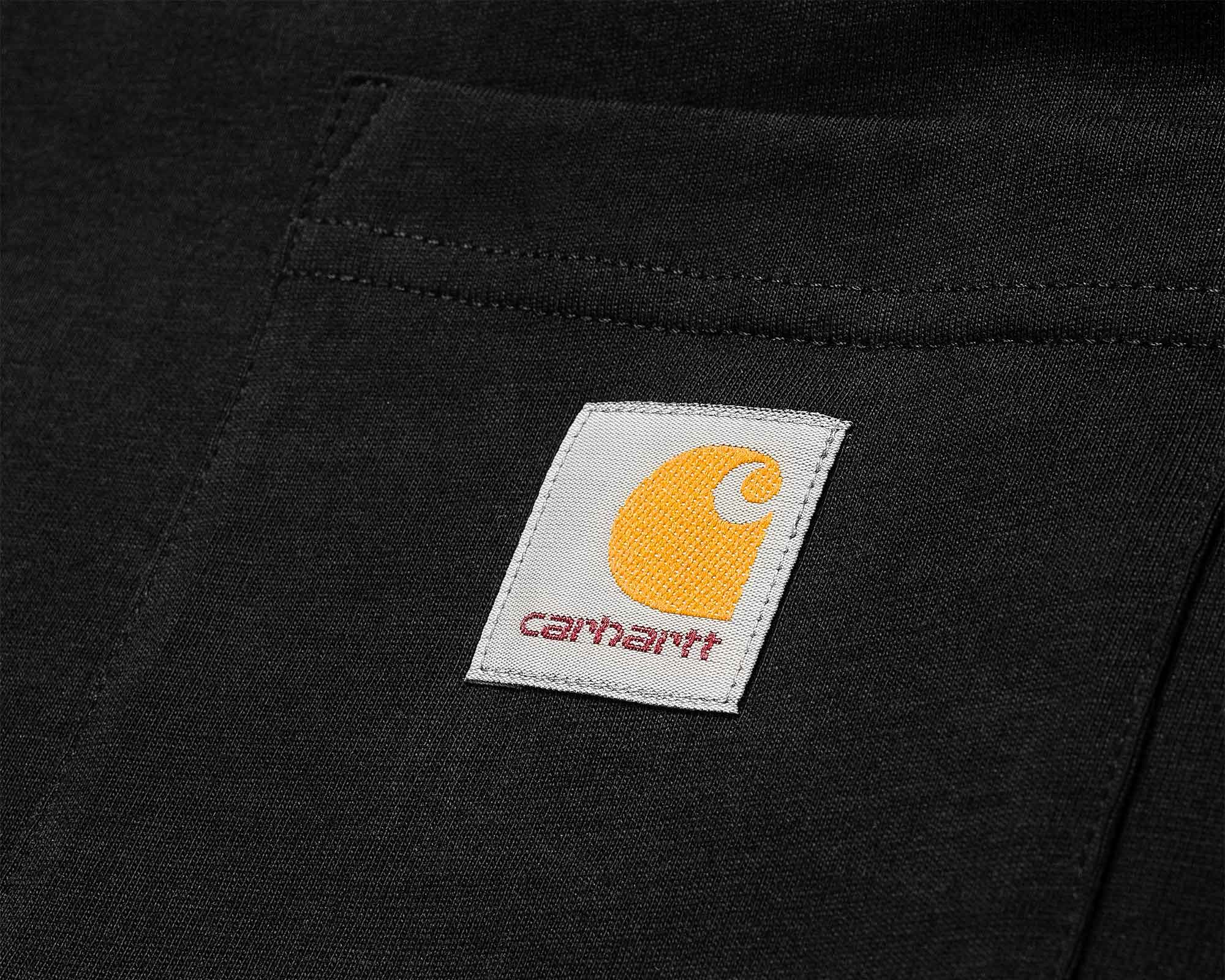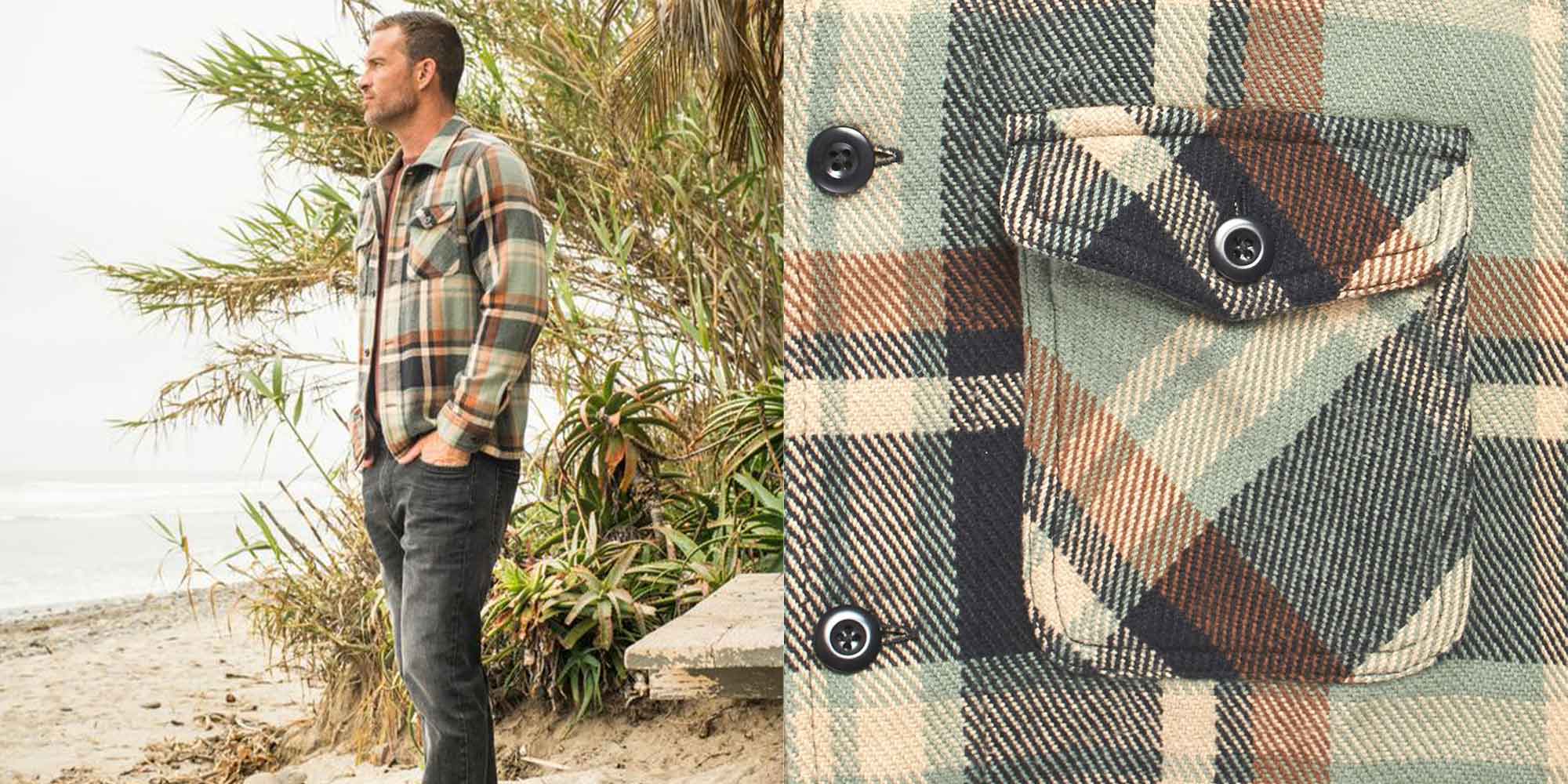Our editors curate highly rated brands that are first assessed by our rigorous ratings system. Buying through our links may earn us a commission—supporting the work we do. Learn more.
This article is based on the Carhartt rating published in December 2021.
Carhartt is a household name for physical labourers and outdoor sports lovers alike, especially in its founding country of the United States. It has been around since 1889 and creates outdoor gear and workwear that has been popular with everyone from railroad workers to hikers over the years. Seen on the likes of Barack Obama and the lead character in Marvel’s Luke Cage and branching out into streetwear with Carhartt WIP 100 years after its founding, the brand shows no signs of slowing or loosening its grip on the hard-wearing apparel market. But for a family-owned company focused on being outside, how is the brand impacting the environment with its production? And what about the labourers and animals in the supply chain? How ethical is Carhartt?
Environmental Impact
Carhartt’s environment rating is ‘Not Good Enough’. While the brand uses some eco-friendly materials, including organic cotton, not much else can be said for its efforts on the environmental front. There is no evidence it reduces its carbon and other greenhouse gas emissions in its supply chain, nor that it minimises textile waste. It also doesn’t seem to have taken any meaningful action to reduce or eliminate hazardous chemicals. For an outdoor brand, Carhartt has a long way to go for the planet!
Labour Conditions
A brand with labourers as its target audience is bound to think of the workers in its supply chain, right? Sadly, not in this case! Carhartt’s labour gets our lowest possible score of ‘Very Poor’. Some of its supply chain is certified by Social Accountability International – SA8000 in the final production stage, and it appears to have a Code of Conduct covering the ILO four fundamental principles and rights at work. But it received a score of 0-10% in the Fashion Transparency Index and publishes zero or minimal information about its supplier policies and audits. The brand hasn’t disclosed any policies or safeguards to protect suppliers and workers in its supply chain from the impacts of COVID-19, and to top it all off, there is no evidence it ensures payment of a living wage in its supply chain. Yikes!
Animal Welfare
Carhartt is also ‘Not Good Enough’ for our animal friends. It doesn’t use fur, down, angora, or exotic animal skin or hair, which is good. But it does use leather and wool, and there is no evidence it has a policy to minimise the suffering of animals it takes these materials from, nor does it seem to trace any animal products to source.
Overall Rating: Not Good Enough
So, how ethical is Carhartt? Overall, we rated Carhartt ‘Not Good Enough’ based on our own research. The brand has a long way to go for people, the planet, and animals before we would consider it ethical! It could start by incorporating a higher portion of eco-friendly materials in its products, ensuring the payment of a living wage, and tracing or eliminating the animal products it uses in its apparel.
Note that Good On You ratings consider 100s of issues, and it is not possible to list every relevant issue in a summary of the brand’s performance. For more information, see our How We Rate page and our FAQs.
Are you a die-hard Carthartt fan looking for an ethical upgrade? Here are our favourite sustainable alternatives to Carhartt to see you through work and weather.


























